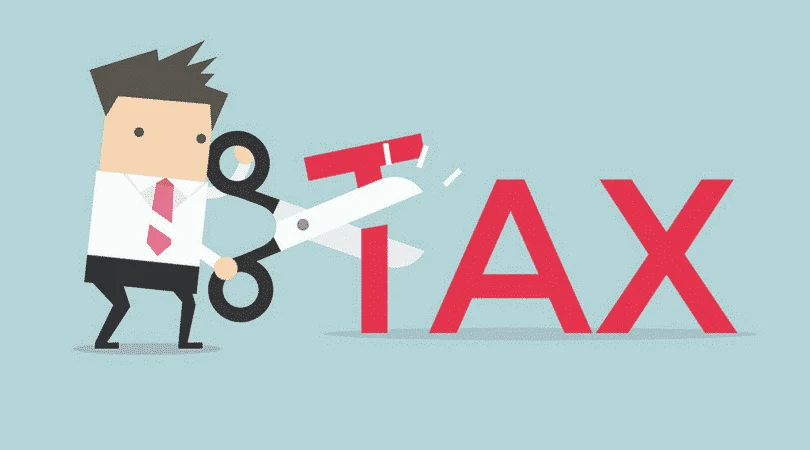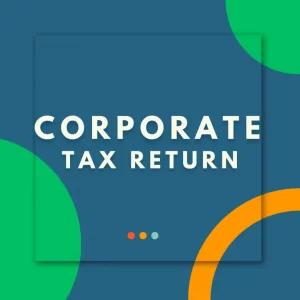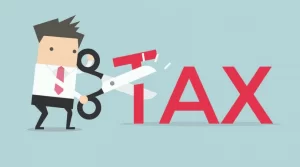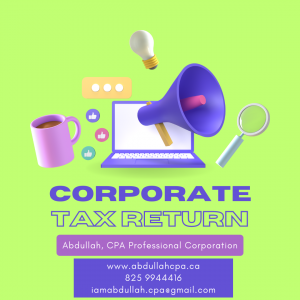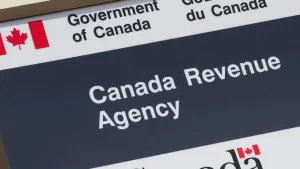In the eyes of the CRA, any income earned by renting out your home or other property is considered to be rental income – even if it’s just for a night or two, every once in a while. Like other types of income, the money you make from your rental must be reported to the government as income on your personal income tax return. Before you have any second thoughts, keep in the mind the good news, that since you’re reporting the income, you are also able to deduct expenses related to that income. Eligible Deductions for Airbnb Rental.
List of Eligible Deductions for Airbnb Rental
To offset that extra income which you are reporting from your Airbnb venture, you can claim and deduct eligible expenses related to the rental. Just make sure to keep all of your receipts!
Some of the more common expenses incurred for renting an Airbnb that you can deduct include, but are not limited to:
- New bedding
- Toiletries
- Cutlery
- Plates, drinking glasses, wine glasses
- An extra key and lockbox
- Locks for personal items
- Laundry detergent
- Snacks
Other eligible expenses related to the earning of rental income which can be claimed, include:
- Property taxes
- Insurance
- Utilities (heat, hydro, electricity, water)
- Municipal annual licensing fees where applicable (Toronto and Vancouver have recently introduced these)
- Mortgage interest (but NOT principal payments)
- Cable and internet (if provided to your guests during their stay)
- Maintenance costs
- Cleaning services
Keep in mind that only a portion of these expenses are eligible for claiming as an eligible deduction, and the portion relates to the amount of your property that is being used to earn the rental income and the length of time, for example, the number of days per year, that it is available and being used to earn that income.
How Much is Eligible to Deduct?
Another way of looking at it is like this: If you rent your cottage on weekends only, and rent it out every weekend in a year, then you are renting out for 104 days out of 365 days (2 weekends x 52 weeks/year = 104). That means you would need to take your entire list of expenses related to earning the rental income, and multiplying that by the percentage of time that the cottage is rented out. That is calculated by dividing the number of days it is rented (104) by the number of days it is available to be rented (365). 104/365= 28.5%.
That example works where the entire cottage is being rented out. If, for example, you have an 8-room house, and are renting out 2 of the rooms then before you can figure out the percentage of expenses that are eligible to be claimed, you have to calculate the percentage of your house which is being used for the purpose of earning rental income. In this example, it is 2 rooms out of 8 rooms, or 2 divided by 8 (2/8) which is 25%. Then you take 25% of the total eligible expenses and you have the eligible expenses for the house… But you’re not done!
Since you’re likely not renting out 2 rooms for the entire year, you would need to then calculate the number of days that your property was being rented and if it was, for example, 60 days, then you have to figure out the amount the property was rented for the entire year (60/365), or 16.4% and then multiply the expenses against that (after multiplying it by 25%, as explained above).
Contact Abdullah CPA for further guidance.
